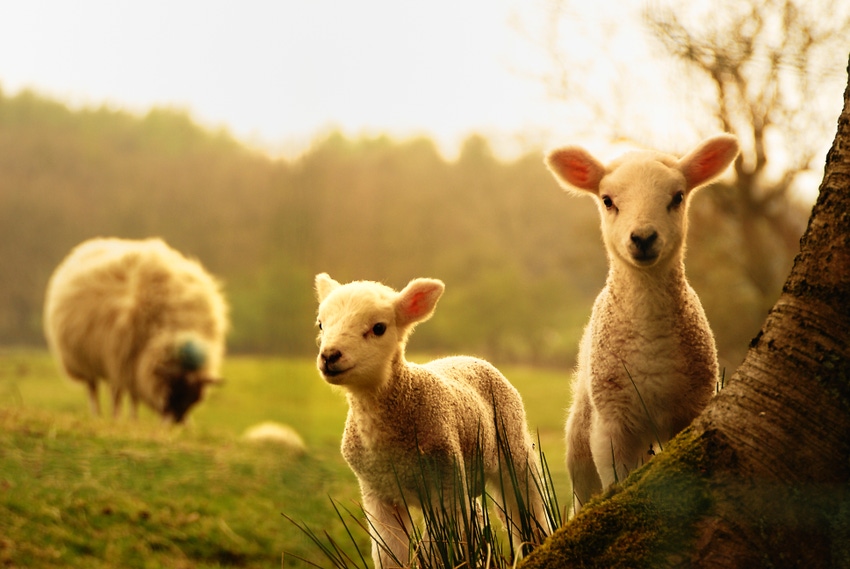Researchers explore link between vitamin D levels and health and reproductive outcomes in sheep.

Sheep with higher vitamin D levels gave birth to heavier lambs the following year, according to researchers with The Roslin Institute in Scotland. This is similar to findings in people in which a positive association has often been reported between maternal vitamin D status and child birth weight.
The study also found that vitamin D3 concentrations were higher in sheep with lighter faces than those with darker wool, but levels of vitamin D2 did not vary between the breeds, the researchers said.
This is consistent with the group’s earlier studies in Soay sheep and demonstrates how coat color can influence vitamin D status in animals, the announcement from Roslin said.
The results of this collaborative study -- involving professor Richard Mellanby, professor Neil Sargison, Emma Hurst and Ping Zhou from Roslin and staff from Scotland’s Rural University College -- were published in the journal Scientific Reports.
In the research abstract, the researchers said there is a growing interest in the influence of vitamin D on ovine non-skeletal health, so the aim of their study was to explore the relationship between pre-mating vitamin D status and the subsequent reproductive performance of three sheep breeds kept under Scottish hill conditions.
Zhou et al. said 25-hydroxyvitamin D2 and 25-hydroxyvitamin D3 concentrations were determined in serum samples harvested in November from ewes grazed outdoors. There were no significant differences in vitamin D2 concentrations among the three genotypes.
Concentrations of vitamin D3 and total vitamin D were positively associated with subsequent birth weights of single and twin lamb litters. No significant associations were found between vitamin D status and the number of lambs born or weaned per ewe, the researchers said.
Zhou et al. concluded that concentrations of cutaneously derived vitamin D3 -- but not orally consumed vitamin D2 -- differed among the sheep breeds, and the positive association between ewe vitamin D status and offspring birth weight highlights the need for further investigations.
This study is a part of ongoing research into the role of vitamin D and the health of animals at the Royal (Dick) School of Veterinary Studies and The Roslin Institute.
About the Author(s)
You May Also Like


.png?width=300&auto=webp&quality=80&disable=upscale)
